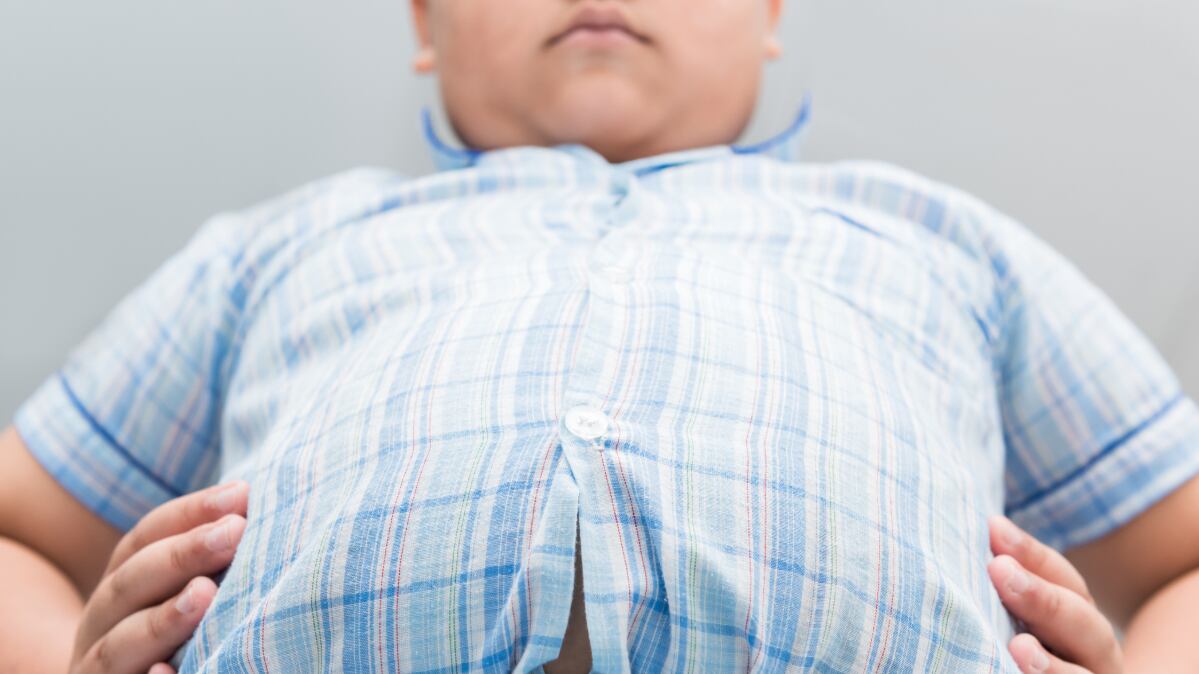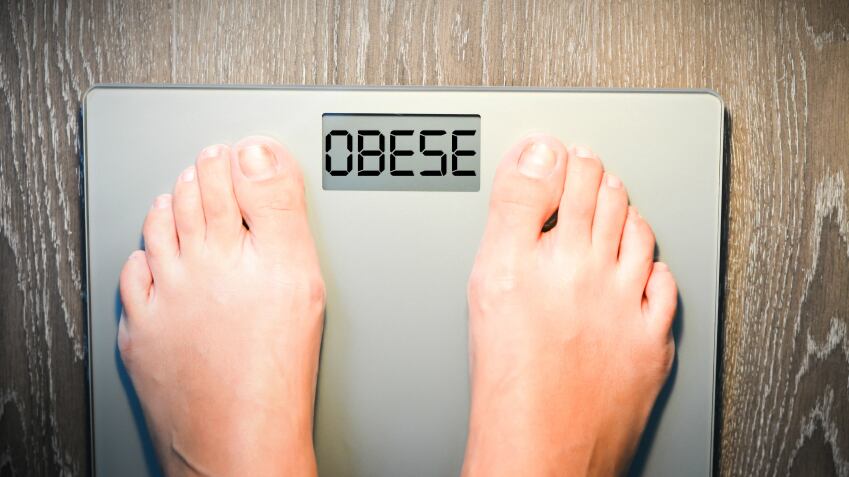JJ Hospital in Mumbai will likely run the OPD with the help of bariatric surgeon Dr Sanjay Borude, who is currently a visiting specialist and consultant at the hospital.
Along with his team — consisting of a paediatrician, nutritionist and paediatric endocrinologist — Borude will offer advice and guidance on nutrition and exercise to children and teenagers.
India's Ministry of Health will also support this development through subsidies for treatment for any patient who may require surgery in more serious cases.
Already, a website on child obesity has been set up to offer information and online consultations to children and their parents, free of charge.
Launched on January 4 by Borude, medical education minister Girish Mahajan and actor Aamir Khan, the website has a chat function that allows parents and children to communicate with specialists, as well as book appointments at JJ Hospital.
At the launch, Mahajan said diet was not the sole or even main factor when it came to childhood obesity, citing genetics as a major reason why young children can easily become overweight or obese, eventually developing complications with cancer, diabetes and hypertension.
Personalised solution to a public health problem
Speaking to NutraIngredients-Asia, Borude said: "It used to be a common problem among the rich, but we've begun discovering cases of obesity even among the poor.
"More children are coming in for weight-loss surgery, and I have treated many young patients — from young children to teenagers — for problems with obesity. Many parents and even doctors lack the knowledge on how to handle or prevent obesity."
He added that it was important, first and foremost, to understand the genetic patterns and lifestyle factors unique to each child in order to determine the specific challenges he or she faces when it comes to weight management, and to provide all the children with accurate dietary and lifestyle advice.
Those who consult with him at the hospital will be assessed individually, so that suitable dietary guidelines and recommendations and can be offered to each child and teenager. The team will also assess their detailed personal and family medical histories, conduct physical examinations and body composition analyses, and measure their BMI and waist-to-hip ratios.
Borude and his team will have different specifications for diet and exercise not just according to each patient's health assessment, but also according to their age group.
For instance, children aged five to 10 will be introduced to different nutrition and exercise programmes from those aged 11 to 15.
Borude said, "In the younger age group, genetic abnormalities are more commonly responsible for obesity, while in the older age group, lifestyle factors tend to be responsible for the same problem."
Vital food groups and hormonal changes will also be taken into account when drawing up diet plans for the children and teenagers who visit the hospital for weight management purposes.
"Those aged 11 to 15 are close to or going through puberty and will experience growth spurts, so for them, we will focus on recommending iron- and protein-rich foods to provide sufficient support for their physical growth and development."
Children aged five to 10, on the other hand, will generally be advised to maintain a balanced diet consisting of leafy greens, poultry and fish, whole grains, and cereals.
Those found to have genetic abnormalities that predispose them to a higher risk of obesity, will be encouraged to return for further consultation so that suitable solutions can be developed for and recommended to them.
Follow-ups and expansion
In addition to the aforementioned services, Borude emphasised the importance of post-consultation follow-ups: "We have to be constantly in touch with the children, so we would advise those aged five to 10 years old to come in for monthly follow-ups, those aged 11 to 15 years old to come in every three months."
He also mentioned that he and his team would not recommend or prescribe dietary supplements to the children and teenagers under their care, saying that he was in favour of "encouraging them to obtain their nutrition from natural sources", such as vegetables, meat and whole grains.
Currently, Borude and his team will offer an hour of consultation time a week at JJ Hospital, but as public interest grows, they will increase their hours accordingly.
He further said that with the rising numbers of children struggling with obesity in India, as well as limited healthcare resources, having online services was a good way to increase healthcare professionals' reach among those who need help with weight management.
As such, there are plans to make the website fully interactive and accessible not just to Indian residents but to international users as well. Patients can also seek advice via the hospital's dedicated telephone line, which is open almost 16 hours daily.
At the same time, Borude is keen on travelling to other parts of India to offer his consultation and treatment services, and is open to the possibility of bringing this programme overseas.



